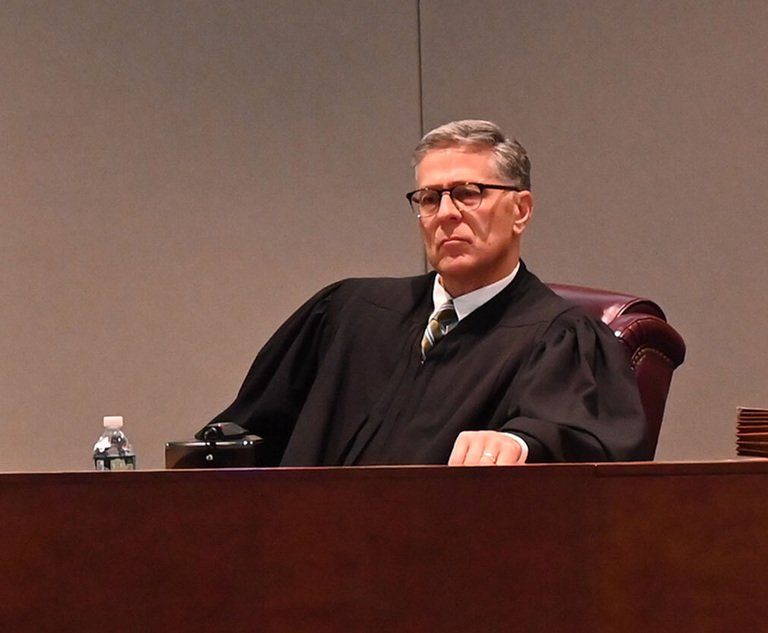It’s always good to read or hear something complimentary about the courts of New Jersey and the courts in which we practice. We know about the outstanding reputation that the New Jersey judiciary has nationally, but it is nice to read and appreciate reasons for the reputation. Most attorneys know that, despite the downside of senatorial courtesy and the politics of filing vacancies (about which we have previously written), the appointment of judges is preferable to election of judges usually listed on a partisan ballot. We also know of the benefits of the New Jersey Supreme Court rule-making power over practice and procedure and over administration of the courts, as opposed (as in most jurisdictions) to legislators, most of whom are not involved in the practice of law.
In the course of achieving his I.I.M. in Judicial Studies degree from the Duke University School of Law this spring, Justice Douglas M. Fasciale wrote a thesis now published in Seton Hall Law Review, “A Case Study Analyzing How Trial Judge Experience Shapes Intermediate Appellate Review of Discretionary Determinations,” 53 Seton Hall Law Review 1043 (2023). In writing about the advantages of an intermediate appellate court composed of judges who had previously served as a trial judges, as compared with judges who have never served in a trial court and who lack the “feel” and experience at the trial level, the article makes clear that New Jersey also has the advantage of an intermediate appellate court composed entirely of judges who sat in trial courts and are assigned to the respective divisions and parts of the Superior Court by the chief justice.


 New Jersey Supreme Court Justices Douglas Fasciale. Credit: Screenshot of Twitter
New Jersey Supreme Court Justices Douglas Fasciale. Credit: Screenshot of Twitter




